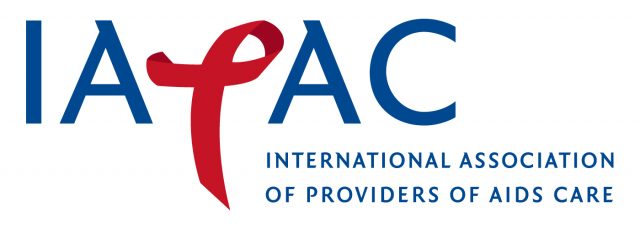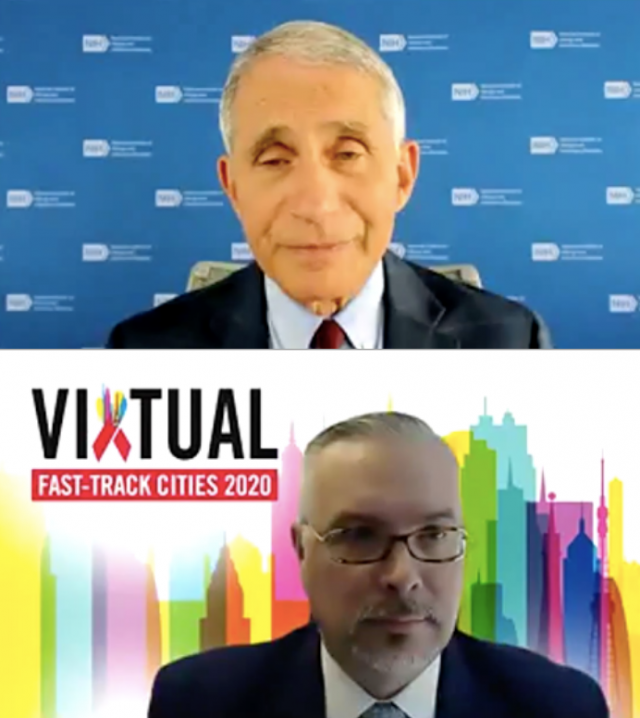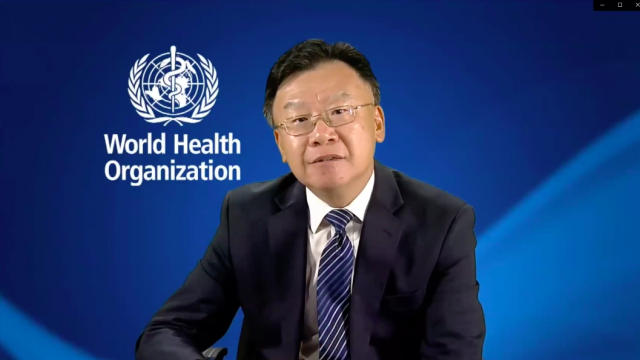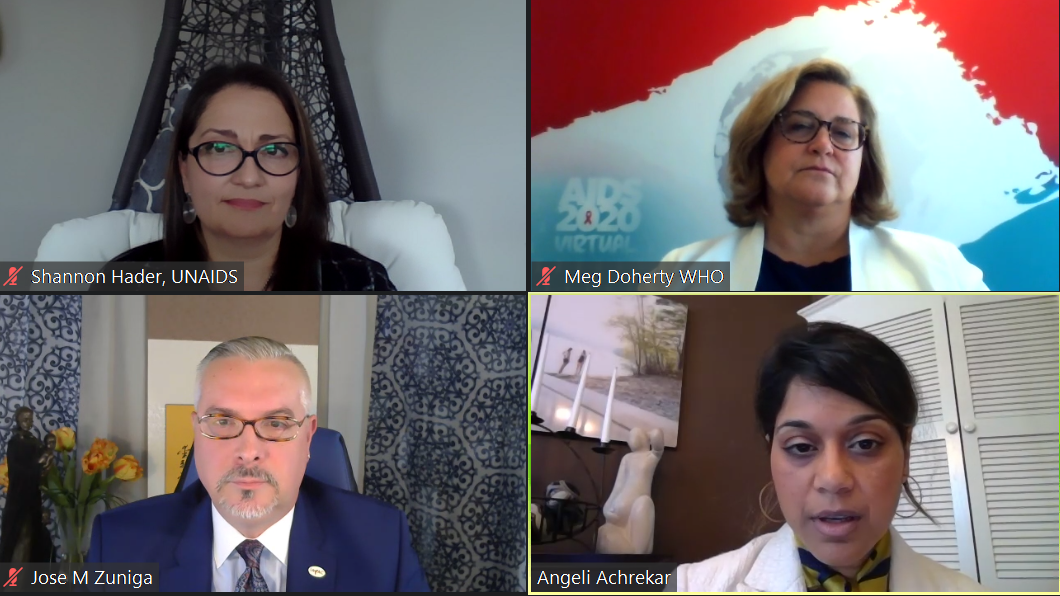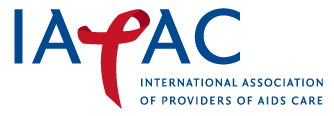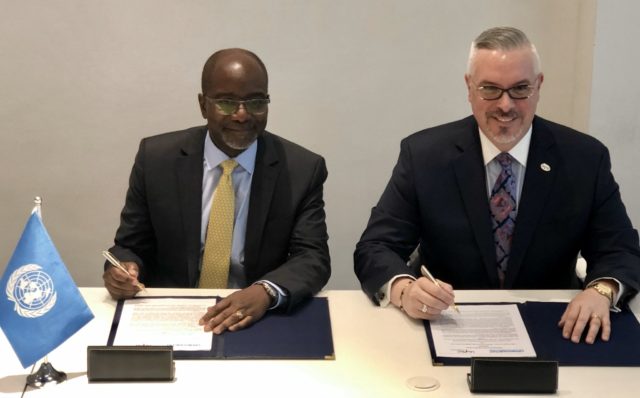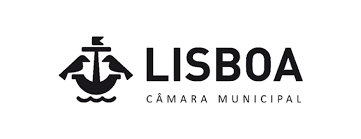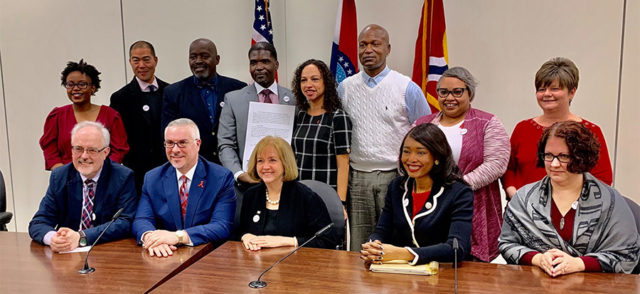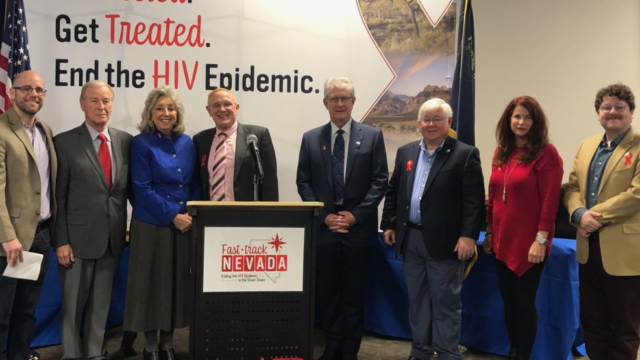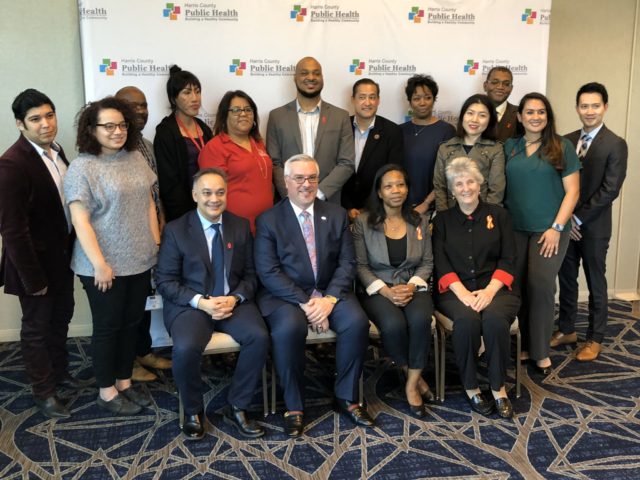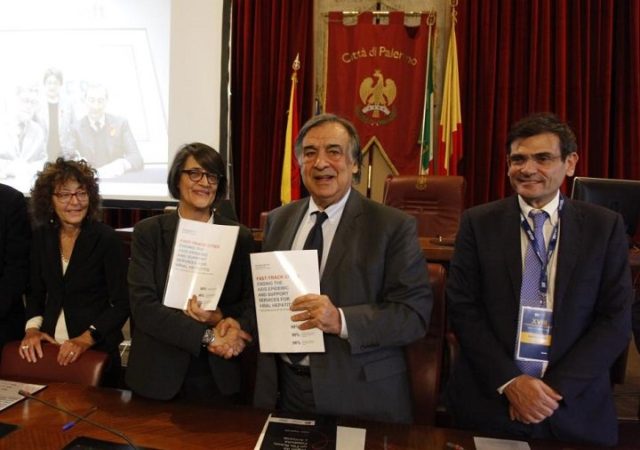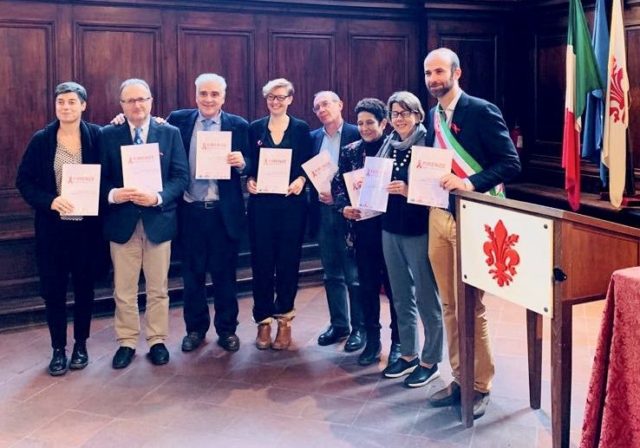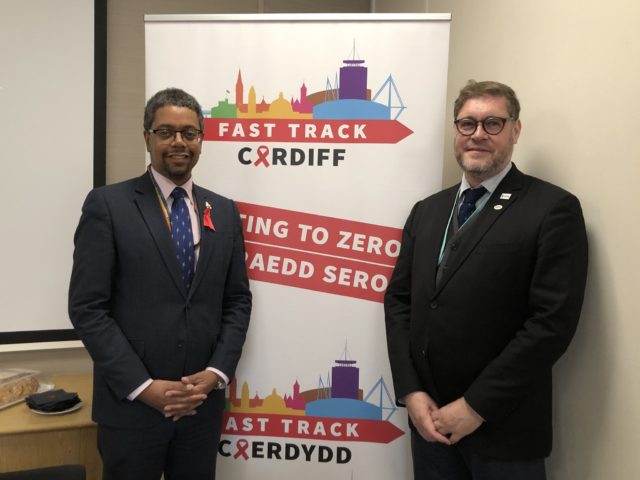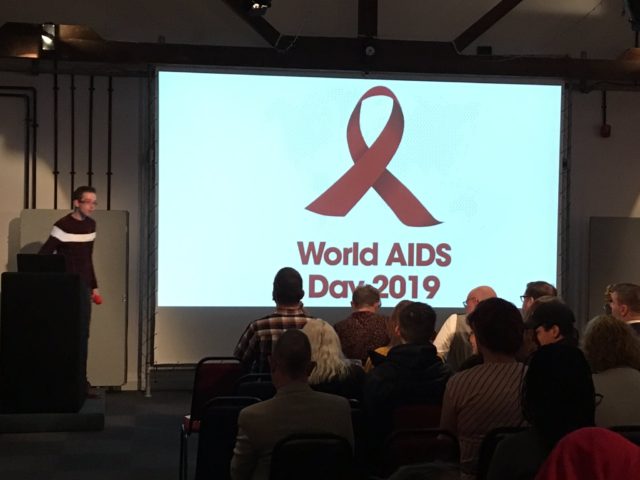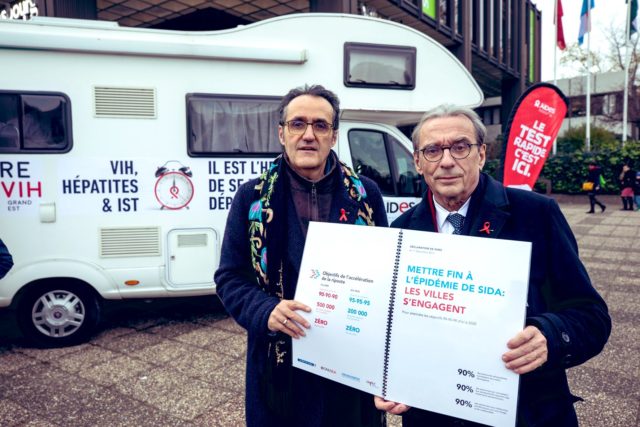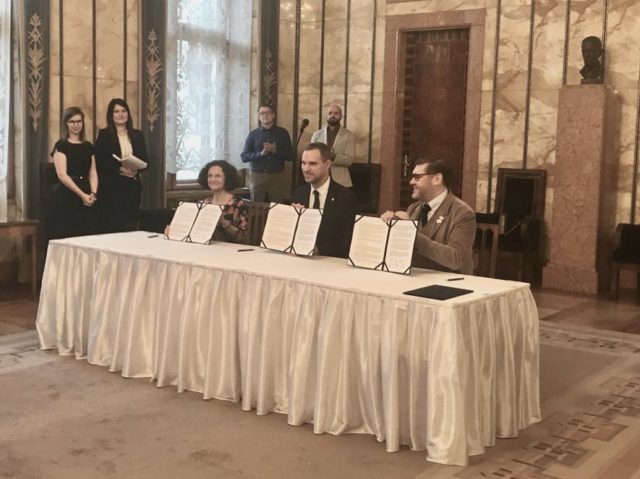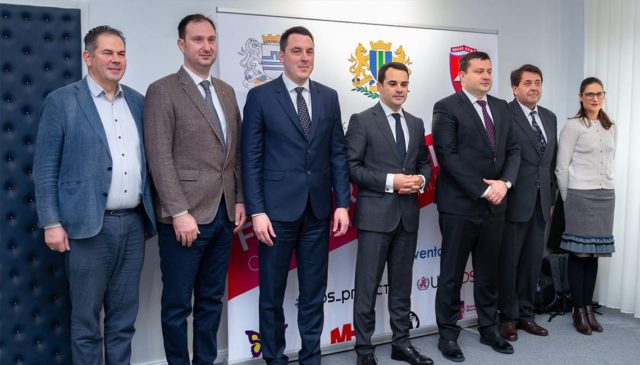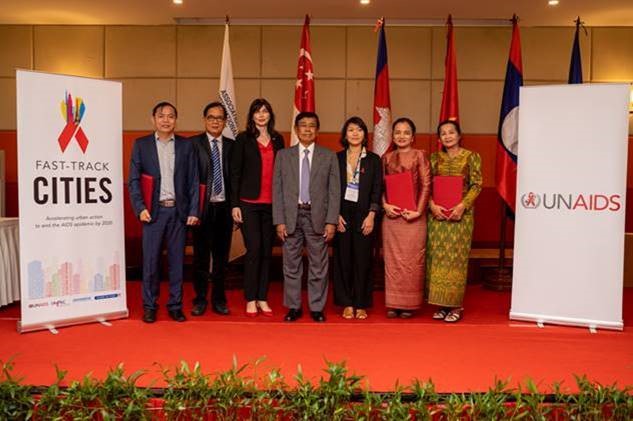IAPAC, CITY OF AMSTERDAM ANNOUNCE FAST-TRACK CITIES 2023 CONFERENCE
Amsterdam, NETHERLANDS (January 27, 2023) – The International Association of Providers of AIDS Care (IAPAC) and the City of Amsterdam held a joint event today, along with public health authorities and local community representatives, to officially announce the Fast-Track Cities 2023 conference will be held September 25-27, 2023, in Amsterdam, Netherlands.
Launched on World AIDS Day 2014 with 26 initial cities signing the Paris Declaration on Fast-Track Cities, the Fast-Track Cities network today counts more than 500 cities worldwide committed to achieving Sustainable Development Goal (SDG) 3.3 of ending the HIV and tuberculosis (TB) epidemics, and the World Health Organization (WHO) goals of eliminating HBV and HCV, by 2030. The City of Amsterdam was among the first 26 cities to join the Fast-Track Cities network in 2014 and is one of three Dutch Fast-Track Cities along with Rotterdam and Utrecht. In 2022, the City of Amsterdam was also recognized with an IAPAC “Circle of Excellence Award” in recognition of the work advanced by the H-Team (HIV Transmission Elimination Amsterdam), whose aim is to get to zero new HIV infections in Amsterdam by 2026.
The Fast-Track Cities 2023 conference will provide a space for interactive dialogue and facilitate the collaborative development of innovative approaches to ending HIV and TB, as well as eliminating HBV and HCV. The conference will feature a distinguished faculty from across the Fast-Track Cities network, convened under the theme, “Integration and Inclusion for Impact,” reflecting the importance of an integrated approach to urban HIV, TB, and viral hepatitis responses that prioritizes inclusivity in health and social care. The topic of the conference’s high-level panel will be “Inclusivity as Driver: Issues, Challenges, and Opportunities in Implementing SDG 11.”
“To reach the goal of zero new HIV infections in 2026 does not mean that we will be ‘done’ with HIV. We have to keep considering the possibility of new HIV infections. The only way to achieve this goal is that pre-exposure prophylaxis (PrEP) will be easily accessible for everyone who is at risk,” said Ms. Shula Rijxman, Amsterdam’s Deputy Mayor whose administrative portfolio includes public health, disease prevention, care, and social development. “Also, there are still 6,000 people living with HIV in Amsterdam. Until HIV is curable, this is still a group of Amsterdam citizens who need to have access to appropriate care and that we stand for.”
“Given Amsterdam’s exemplary HIV response and the commitment of a broad range of stakeholders in this city with a deep grounding in community engagement and leadership, I am honored to formally announce that we will convene the Fast-Track Cities 2023 conference in Amsterdam,” said Dr. José M. Zuniga, President/CEO of IAPAC and the Fast-Track Cities Institute. “In convening the full network of Fast-Track Cities in one of our ‘Circle of Excellence’ cities, we aim to highlight the network’s progress but also strategize around cross-cutting challenges to ending urban HIV and TB epidemics and eliminating viral hepatitis by 2030.” Click here to read his remarks at the announcement event.
The conference will offer an opportunity for dialogue and cooperation between elected officials, public health department officials, clinical and service providers, urban health experts, and civil society advocates from current and prospective Fast-Track Cities. This year’s conference will be the fourth in-person gathering of the global Fast-Track Cities network. The Fast-Track Cities 2022 was hosted in Sevilla, Spain, and attracted more than 550 in-person and 1,800 online attendees.
The Fast-Track Cities 2023 conference is organized by IAPAC, in partnership with the Joint United Nations Programme on HIV/AIDS (UNAIDS), Stop TB Partnership, World Hepatitis Alliance, and Fast-Track Cities Institute. The conference is made possible through corporate sponsorships from Gilead Sciences, Merck Sharp & Dohme, and ViiV Healthcare. Other pending corporate sponsorships will be announced shortly.
For information about the conference and/or to register online, visit:
https://www.iapac.org/conferences/fast-track-cities-2023/
To access the Fast-Track Cities 2022 conference summary report, visit:
https://www.iapac.org/fast-track-cities-2022-summary-conference-report/
# # #
About Fast-Track Cities
Fast-Track Cities is a global partnership between more than 500 cities, the International Association of Providers of AIDS Care (IAPAC), the Joint United Nations Programme on HIV/AIDS (UNAIDS), the United Nations Human Settlements Programme (UN-Habitat), and the City of Paris. The partnership’s aim is to end urban HIV epidemics by getting to zero new HIV infections, zero AIDS-related deaths, and zero HIV-related stigma. Launched on World AIDS Day 2014, the partnership also advances efforts to end tuberculosis (TB) epidemics and eliminate viral hepatitis (HBV and HCV) in urban settings by 2030. For more information about the Fast-Track Cities initiative, please visit: https://www.fast-trackcities.org
About the International Association of Providers of AIDS Care
Representing 30,000 members, IAPAC is the largest association of clinicians and allied health professionals working to end the epidemics of HIV and tuberculosis (TB), as well as eliminate HBV and HCV, by 2030. IAPAC is also a core technical partner to the Fast-Track Cities network and the Secretariat for its Fast-Track Cities Institute. For more information about IAPAC, please visit: https://www.iapac.org/
About the Fast-Track Cities Institute
The Fast-Track Institute was created to support cities and municipalities worldwide in their efforts to achieve Sustainable Development Goal (SDG) 3.3 (ending the epidemics of HIV and TB), the World Health Organization goal of eliminating HBV and HCV, and SDG 11 (making cities and municipalities inclusive, safe, resilient, and sustainable). For information about the Fast-Track Cities Institute, please visit: https://www.ftcinstitute.org/


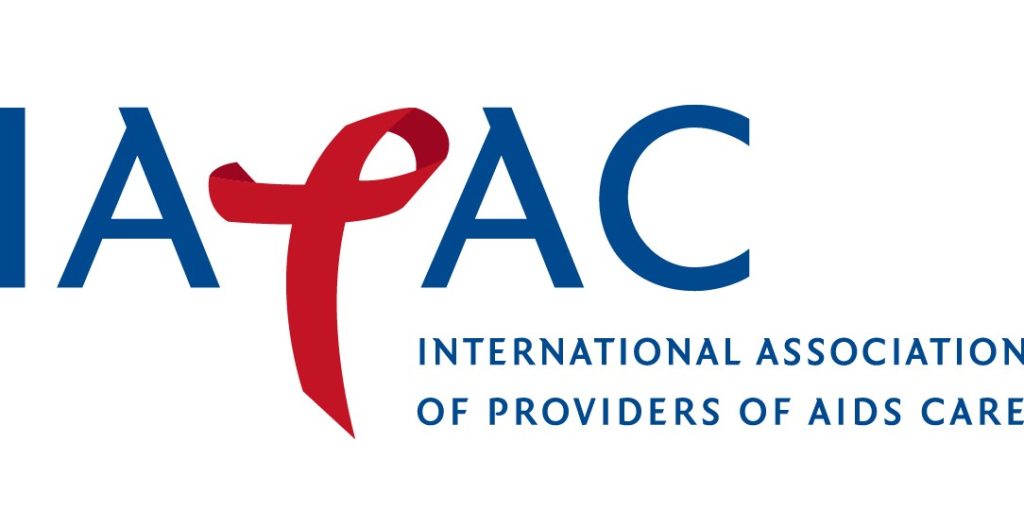


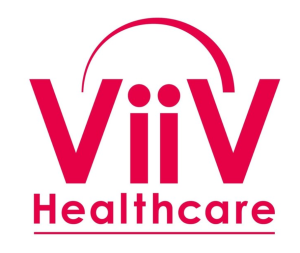
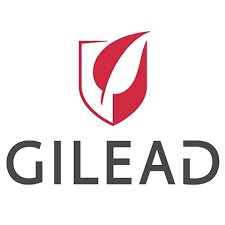
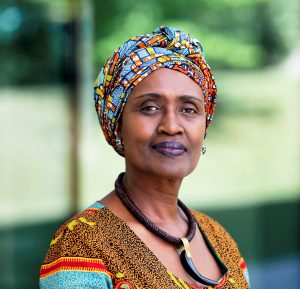 “Since the start of the HIV epidemic, cities have been at the forefront, taking a leading role in national agendas and delivering for people most affected by HIV,” said Winnie Byanyima, Executive Director of UNAIDS. “We strongly encourage cities to continue their bold political leadership and coordination, strategic partnerships that engage people most affected by the disease, innovation to address gaps in medical and social services, and to accelerate responses that reflect local needs and respect human rights.”
“Since the start of the HIV epidemic, cities have been at the forefront, taking a leading role in national agendas and delivering for people most affected by HIV,” said Winnie Byanyima, Executive Director of UNAIDS. “We strongly encourage cities to continue their bold political leadership and coordination, strategic partnerships that engage people most affected by the disease, innovation to address gaps in medical and social services, and to accelerate responses that reflect local needs and respect human rights.”
